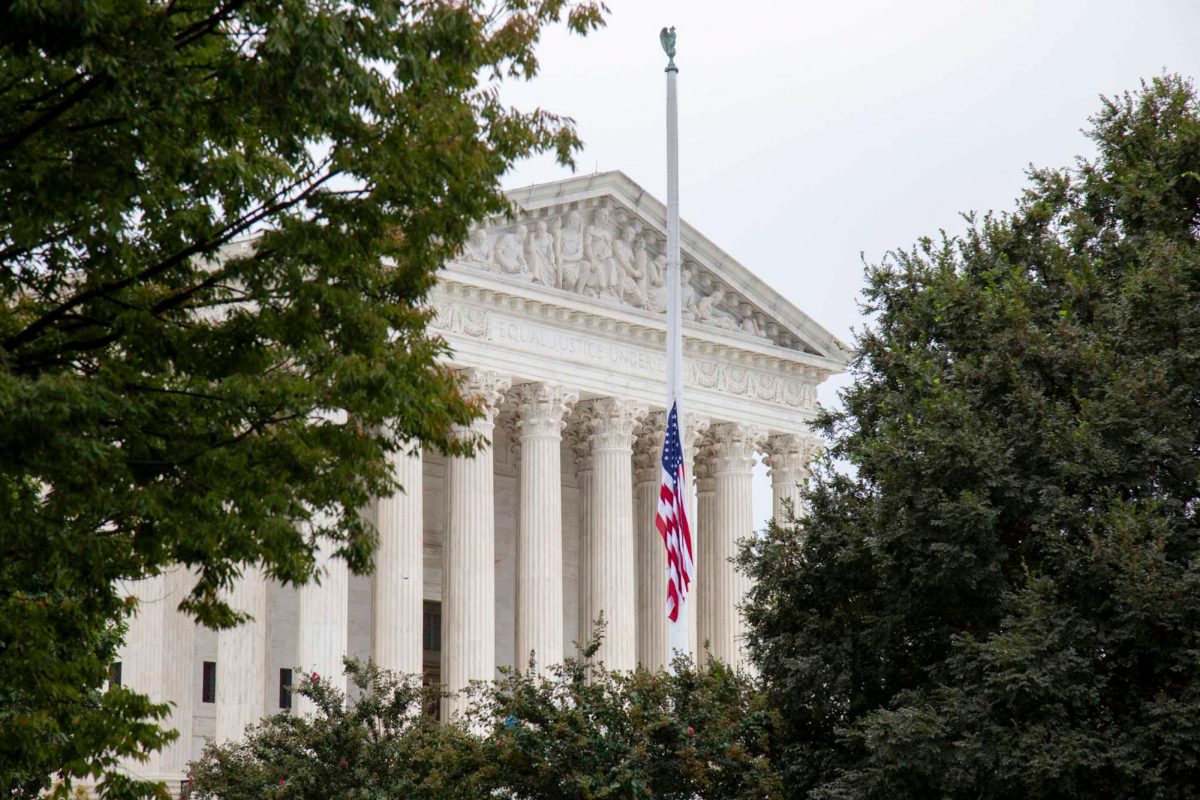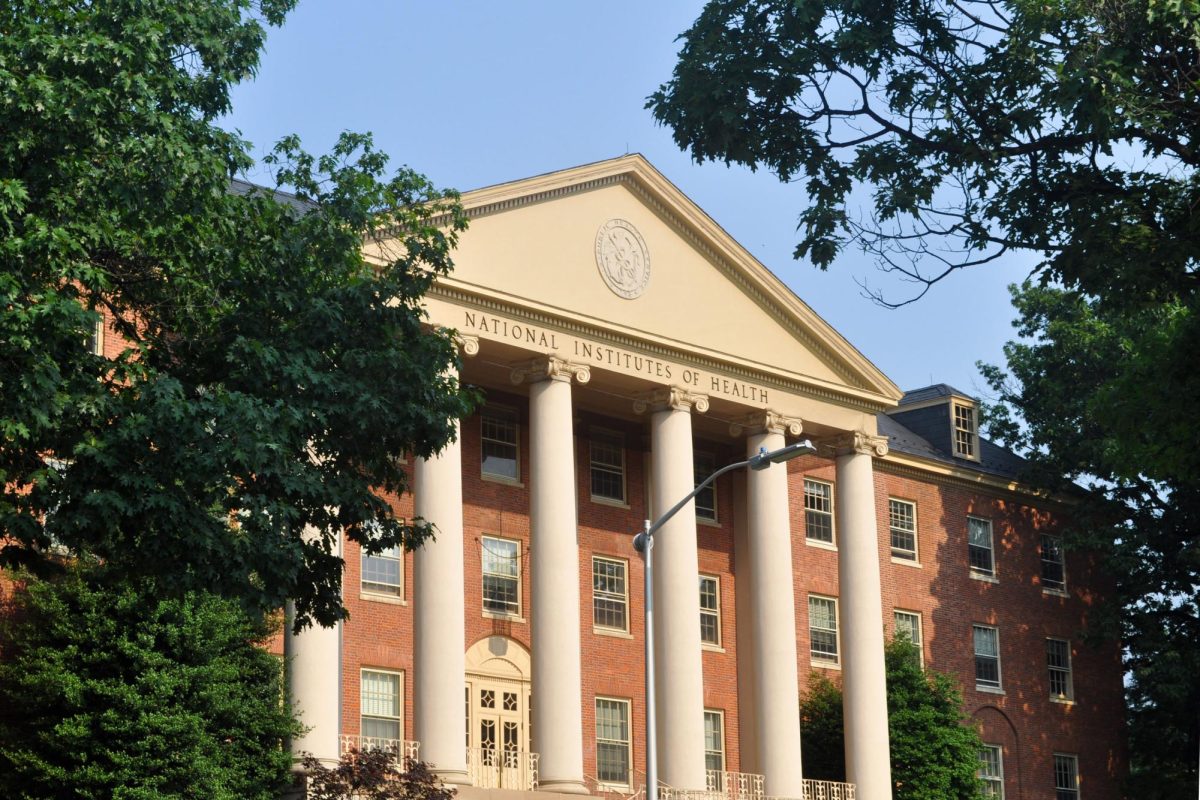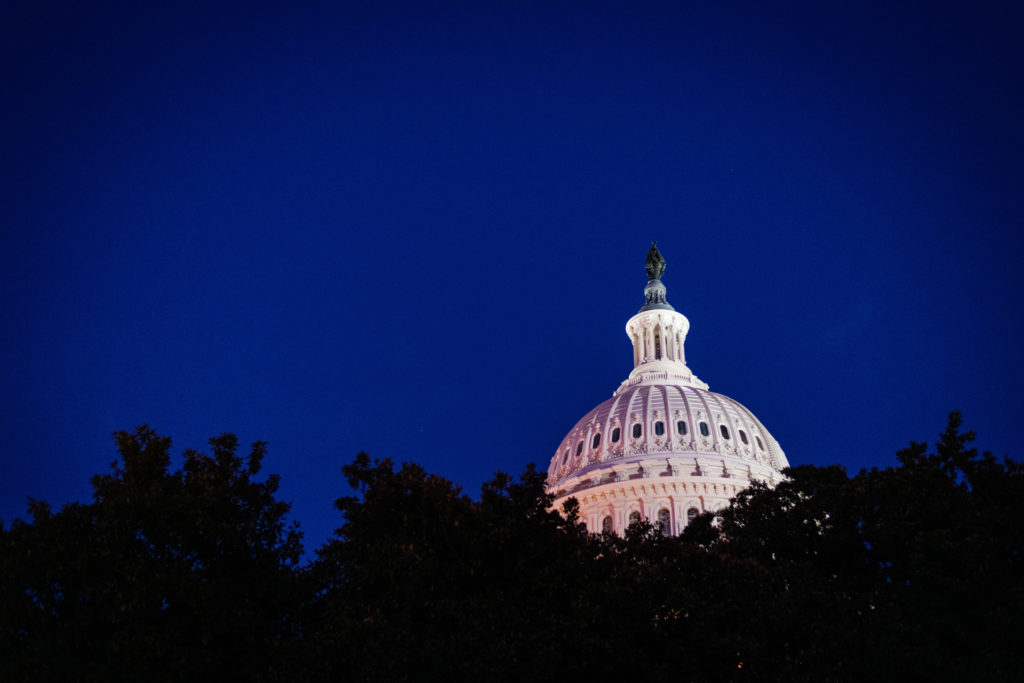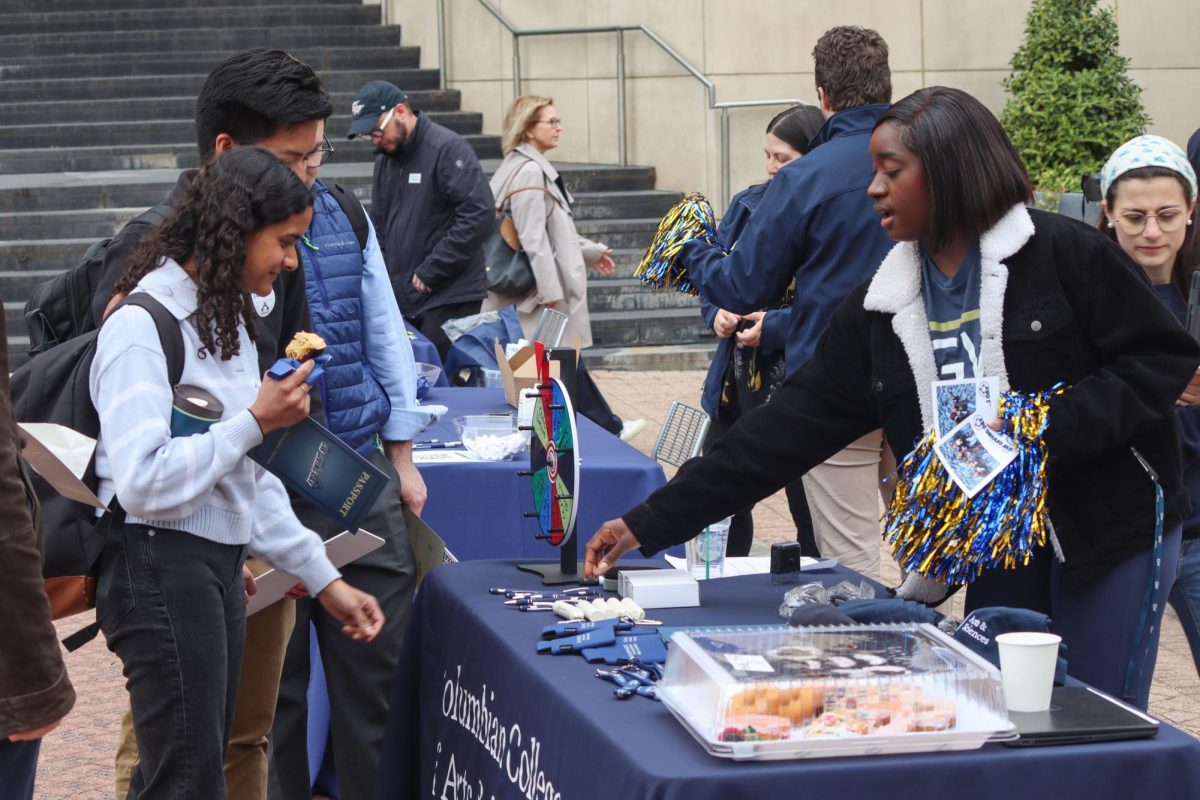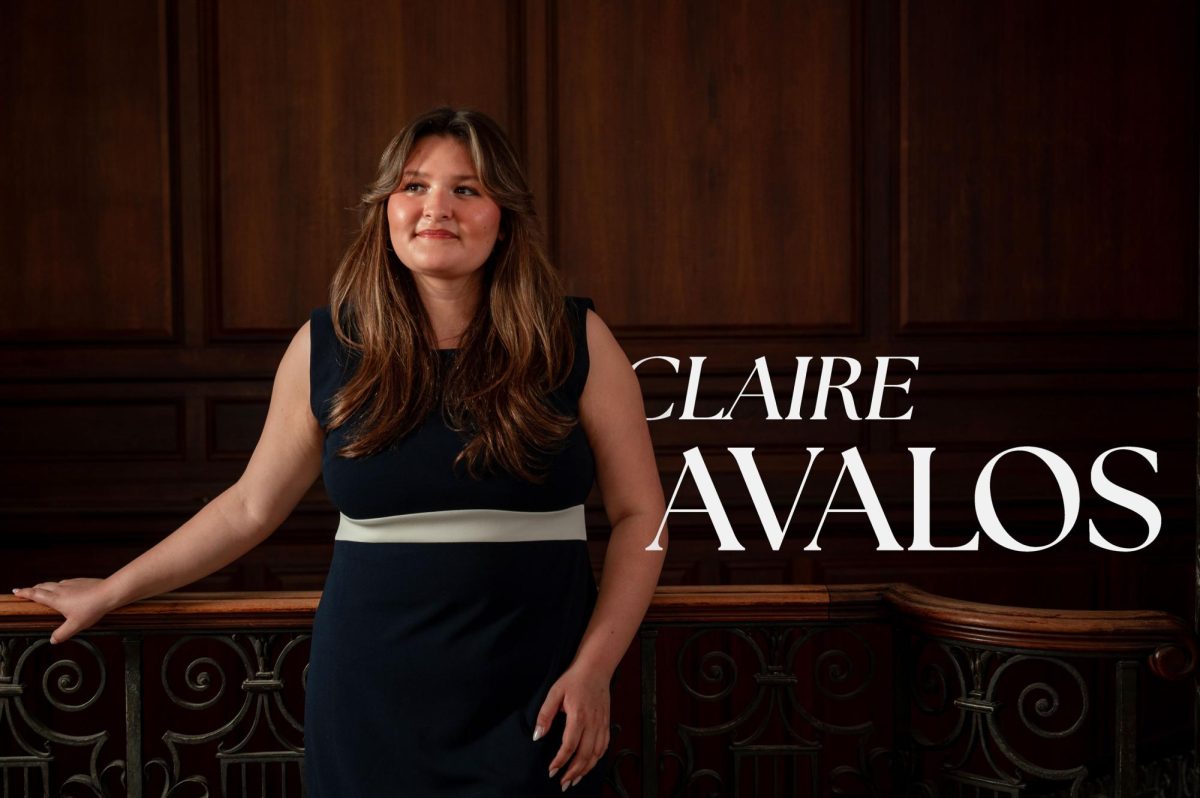The Regulatory Studies Center will celebrate its 10-year anniversary next month with a conference about the past, present and future of regulation in the United States.
The half-day conference will feature two expert panels to explore the lessons learned from regulatory policy over the past half-century and to discuss possible challenges and opportunities for regulation in the future. Staff at the center said they expect the conference will be a “catalyst” for increasing conversation and research about regulatory policy in the GW community.
Susan Dudley, the director of the center, said the center’s members plan to release a celebratory video as part of the anniversary. She said video will include interviews with student recipients of the regulatory studies fellowship, “distinguished individuals” who helped grow the center throughout its history and current and former staff members.
“We also want to show our appreciation to the GW community that has been so welcoming to us over the years, and the students, faculty, researchers and supporters who have engaged with the center,” Dudley said in an email.
She said some of the center’s highlights over the past decade include a 2014 reception for the ambassador of the European Union to the United States for his first public address after arriving in D.C. and a 2018 event featuring Office of Information and Regulatory Affairs administrators from four presidential administrations.
Dudley said the center’s biggest single accomplishment has been the academic support it has provided to students who have worked with and for the center.
“We’re proud of the success they are having at different levels of government, at non-profit entities and in private-sector government affairs positions,” she said.
Dudley said members of the center have had their work published in a range of peer-reviewed academic journals in the past decade, including the Supreme Court Economic Review and Administrative Law Review.
But the center has received criticism throughout its tenure for political bias and for accepting funding from donors like the Charles Koch Foundation that have extended funding agreements in exchange for input in faculty hiring and in course syllabi, The Washington Post reported in 2014.
A consumer rights advocacy group released a report in June claiming the members of the center were working to promote an anti-regulatory political agenda. The report’s author urged the center’s leadership to disclose its donors – claimed to be anti-regulatory trade associations and nonprofits funded by conservative billionaires – to ensure that donor contributions are not influencing the center’s research output.
Dudley said the center does not accept funding conditioned on making certain hires or that influences its work. She said all research directly supported by an outside group is “clearly identified.”
“In addition to complying with all the University’s policies on research integrity, the center has long had additional policies,” she said.
Fifteen members of the center did not return multiple requests for comment.


